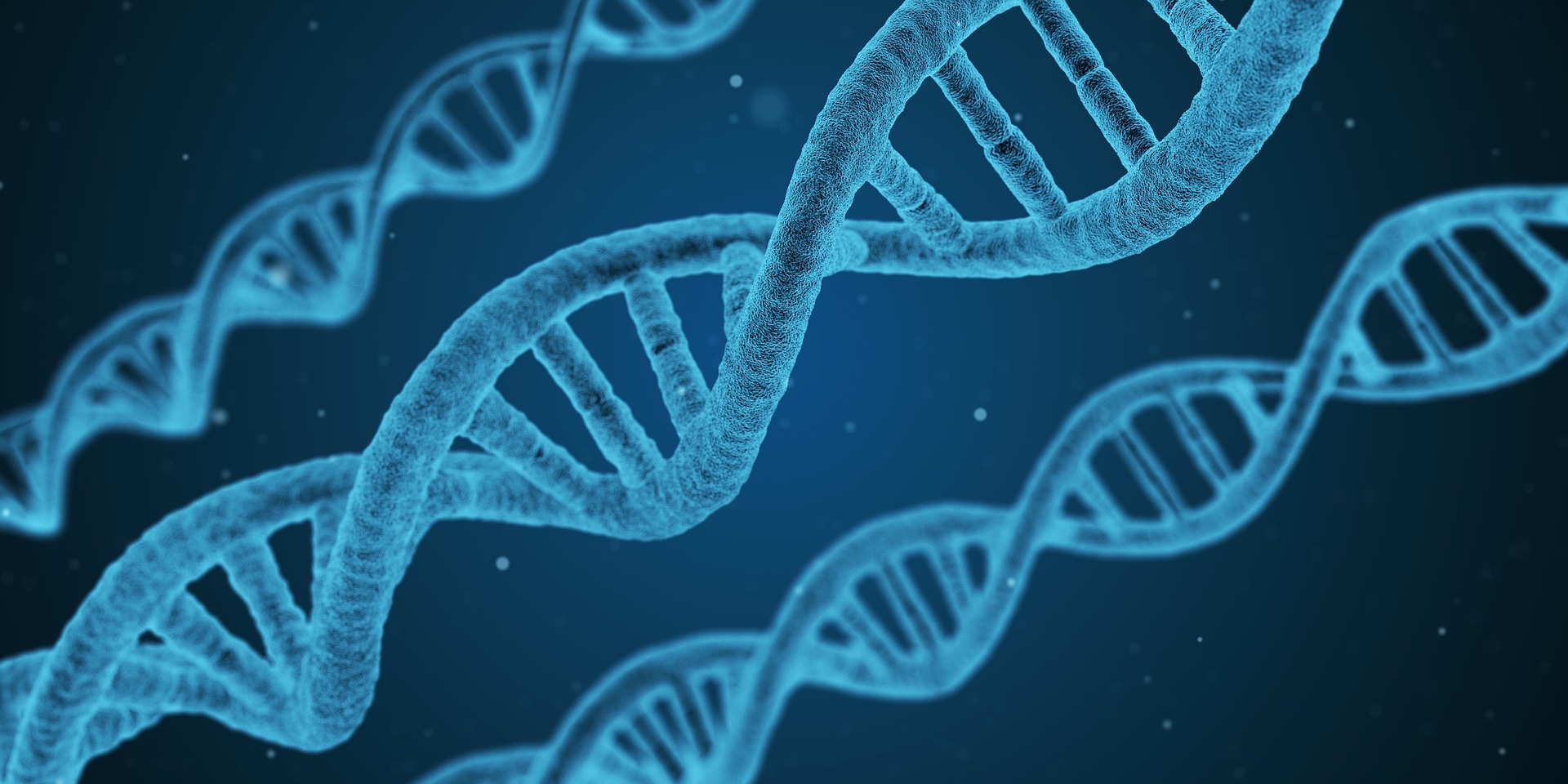 In honor of National DNA Day, explore new technologies and treatments that have resulted from the sequencing of the human genome and their ethical, medical, and societal implications. As always, our publications are free to read online or download.
In honor of National DNA Day, explore new technologies and treatments that have resulted from the sequencing of the human genome and their ethical, medical, and societal implications. As always, our publications are free to read online or download.
Human Genome Editing: Science, Ethics, and Governance
Genome editing is a powerful new tool for making precise alterations to an organism’s genetic material. Recent scientific advances have made genome editing more efficient, precise, and flexible than ever before. These advances have spurred an …
On November 27-29, 2018, the U.S. National Academy of Sciences and U.S. National Academy of Medicine, the Royal Society of the United Kingdom, and the Academy of Sciences of Hong Kong convened the Second International Summit on Human Genome …
International Summit on Human Gene Editing: A Global Discussion
New biochemical tools have made it possible to change the DNA sequences of living organisms with unprecedented ease and precision. These new tools have generated great excitement in the scientific and medical communities because of their …
Advances in genome editing – the process for making precise additions, deletions, and alterations of DNA and RNA – have opened the door for studying biological mechanisms of health and disease. On January 10-11, 2018, the National Academies of …
Biodefense in the Age of Synthetic Biology
Scientific advances over the past several decades have accelerated the ability to engineer existing organisms and to potentially create novel ones not found in nature. Synthetic biology, which collectively refers to concepts, approaches, and …
Mitochondrial Replacement Techniques: Ethical, Social, and Policy Considerations
Mitochondrial replacement techniques (MRTs) are designed to prevent the transmission of mitochondrial DNA (mtDNA) diseases from mother to child. While MRTs, if effective, could satisfy a desire of women seeking to have a genetically related child …
The Economics of Genomic Medicine: Workshop Summary
The sequencing of the human genome and the identification of links between specific genetic variants and diseases have led to tremendous excitement over the potential of genomics to direct patient treatment toward more effective or less harmful …
Genome-Based Diagnostics: Demonstrating Clinical Utility in Oncology: Workshop Summary
Genome-Based Diagnostics: Demonstrating Clinical Utility in Oncology is the summary of a workshop convened in May 2012 by the Roundtable on Translating Genomic-Based Research for Health and the Center for Medical Technology Policy of the …
Genome-Based Therapeutics: Targeted Drug Discovery and Development: Workshop Summary
The number of new drug approvals has remained reasonably steady for the past 50 years at around 20 to 30 per year, while at the same time the total spending on health-related research and development has tripled since 1990. There are many …
Genome-Based Diagnostics: Clarifying Pathways to Clinical Use: Workshop Summary
The sequencing of the human genome and the identification of associations between specific genetic variants and diseases have led to an explosion of genomic-based diagnostic tests. These tests have the potential to direct therapeutic …
Integrating Large-Scale Genomic Information into Clinical Practice: Workshop Summary
The initial sequencing of the human genome, carried out by an international group of experts, took 13 years and $2.7 billion to complete. In the decade since that achievement, sequencing technology has evolved at such a rapid pace that today a …
Direct-to-Consumer Genetic Testing: Summary of a Workshop
Today, scores of companies, primarily in the United States and Europe, are offering whole genome scanning services directly to the public. The proliferation of these companies and the services they offer demonstrate a public appetite for this …
Evolution of Translational Omics: Lessons Learned and the Path Forward
Technologies collectively called omics enable simultaneous measurement of an enormous number of biomolecules; for example, genomics investigates thousands of DNA sequences, and proteomics examines large numbers of proteins. Scientists are using …
Mapping and Sequencing the Human Genome
There is growing enthusiasm in the scientific community about the prospect of mapping and sequencing the human genome, a monumental project that will have far-reaching consequences for medicine, biology, technology, and other fields. But how will …













